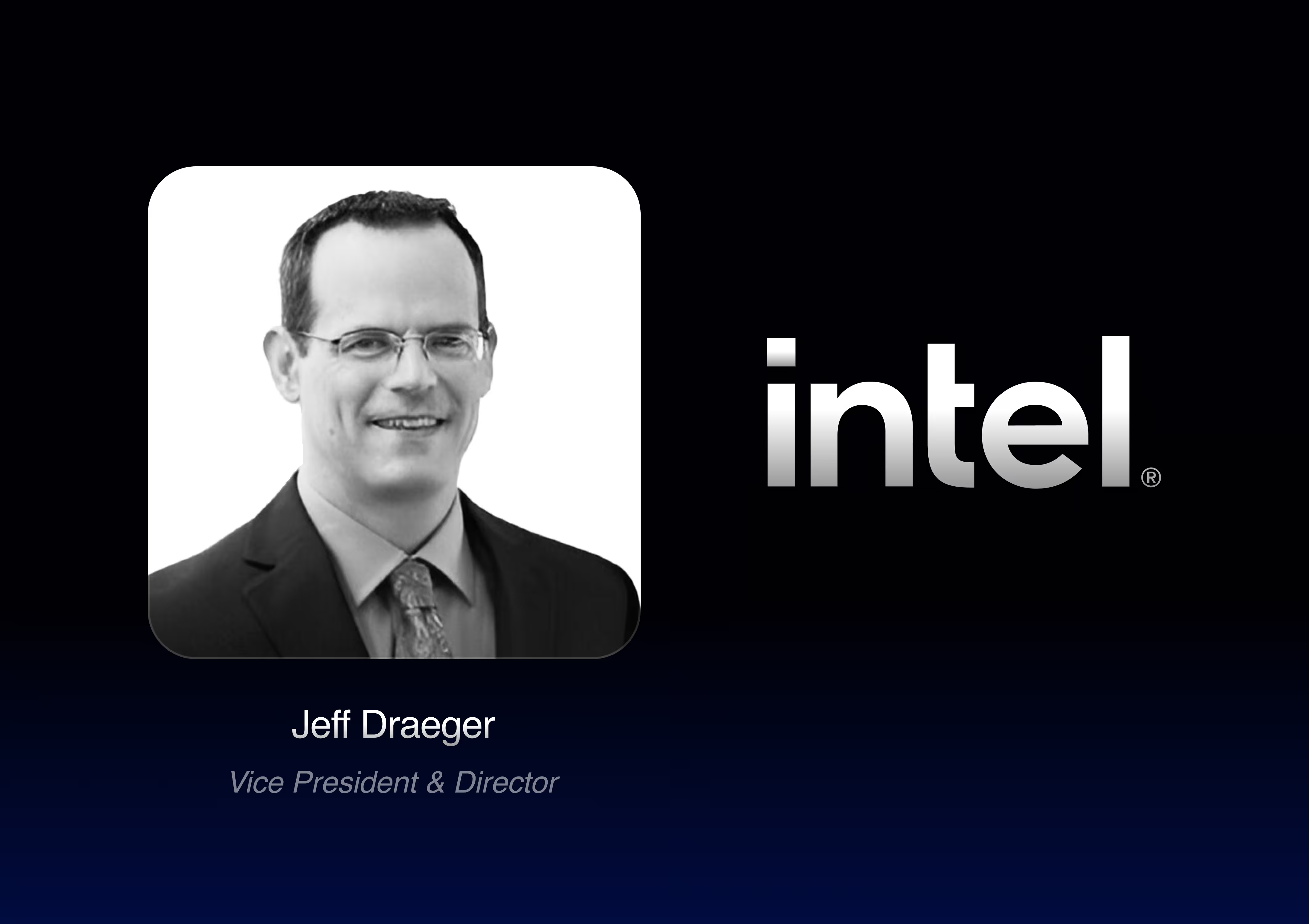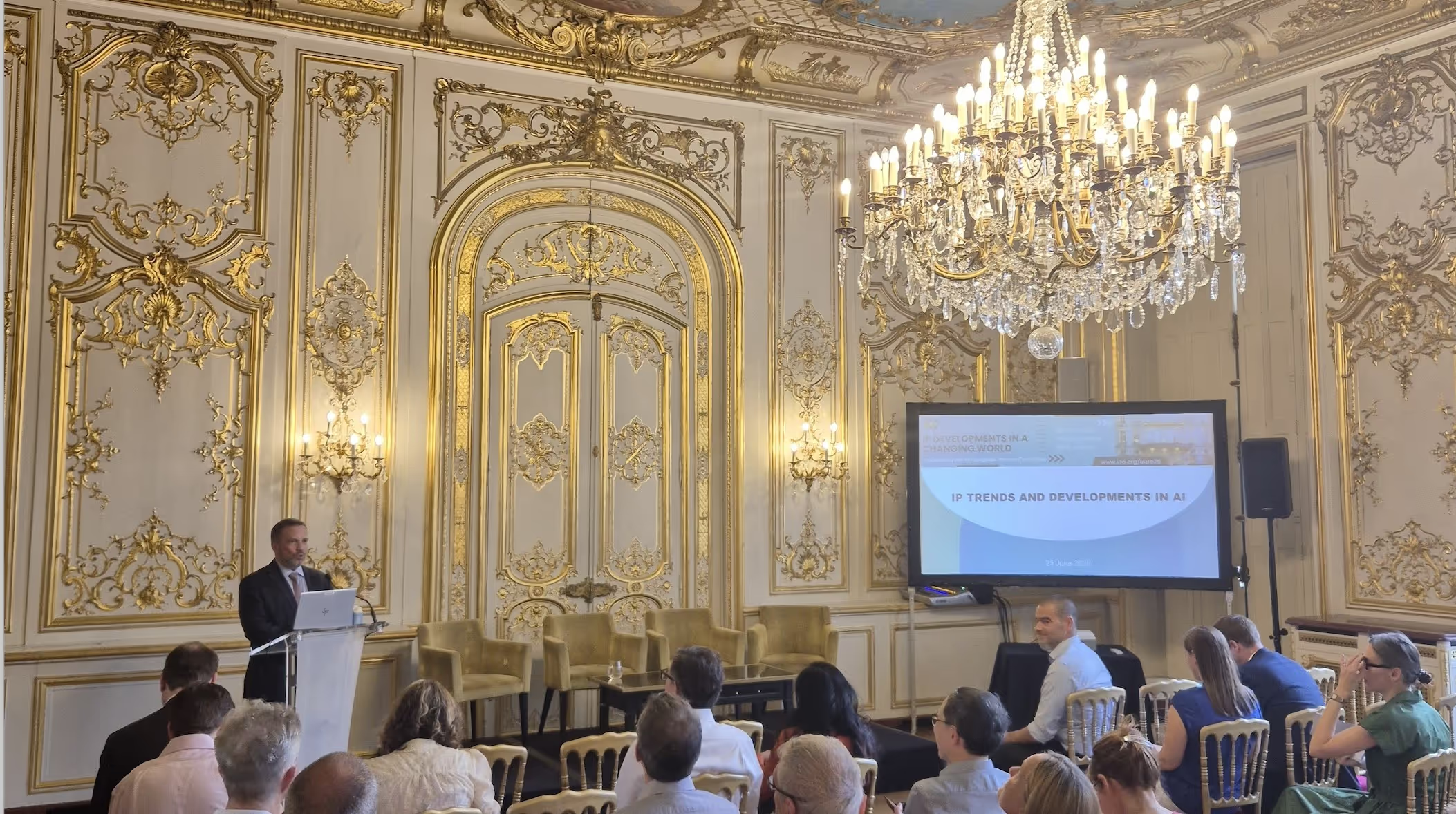Harry Bedford CPA EPA is a UK & European patent attorney with extensive experience in every part of the patent application process, having worked at both IP and full service law firms. Harry studied Physics at the University of Bristol and then Robotics at King's College London. More recently, Harry set up the London practice of a US law firm as their first European hire.
Related articles

Jeff Draeger to join Solve Intelligence’s Customer Advisory Board
We are excited to welcome Jeff Draeger, Director of Intel’s Patent Group, to Solve Intelligence’s Customer Advisory Board.
Legal News
All
.avif)
Harm van der Heijden joins Solve's Customer Advisory Board
We are excited to welcome Harm van Heijden, a partner at NLO, to Solve Intelligence’s Customer Advisory Board.
Legal News
All

IPO European Committee Conference 2025: A Fireside Chat on IP and AI
At the European Practice Conference hosted by the IP Owners Association in Paris, one fireside chat stood out for its insight and urgency: “IP Trends and Developments in AI.”
The session was led by two highly respected experts: Jean-François Adam, who covers all things European and currently serves as in-house counsel at Infineon Technologies, and Jonathan Osha, founding partner of Osha Bergman Watanabe & Burton LLP, who brought the US perspective. OBWB, a long-time thought leader in cross-border IP, was also the hosting sponsor of this year’s event, held at the elegant Hôtel le Marois in central Paris.
Together, Jean-François and Jonathan offered a compelling look into the evolving challenges of patenting artificial intelligence-based inventions – and why practitioners on both sides of the Atlantic are grappling with inconsistent, outdated frameworks that do not sufficiently reflect the reality of modern innovation implementing AI.
Legal News
All

G1/23: Marketed Products Are Prior Art
The Enlarged Board of Appeal issued its decision in G1/23 on July 2, 2025, addressing whether products put on the market before a patent filing date form part of the prior art when their composition or internal structure cannot be reproduced by the skilled person.
Legal News
All

G 1/24 Decision: EPO Clarifies Claim Interpretation
The Enlarged Board of Appeal issued its decision in case G 1/24 on 18 June 2025, concluding that "The description and drawings shall always be consulted to interpret the claims when assessing the patentability of an invention under Articles 52 to 57 EPC, and not only if the person skilled in the art finds a claim to be unclear or ambiguous when read in isolation."
Legal News
All

.avif)